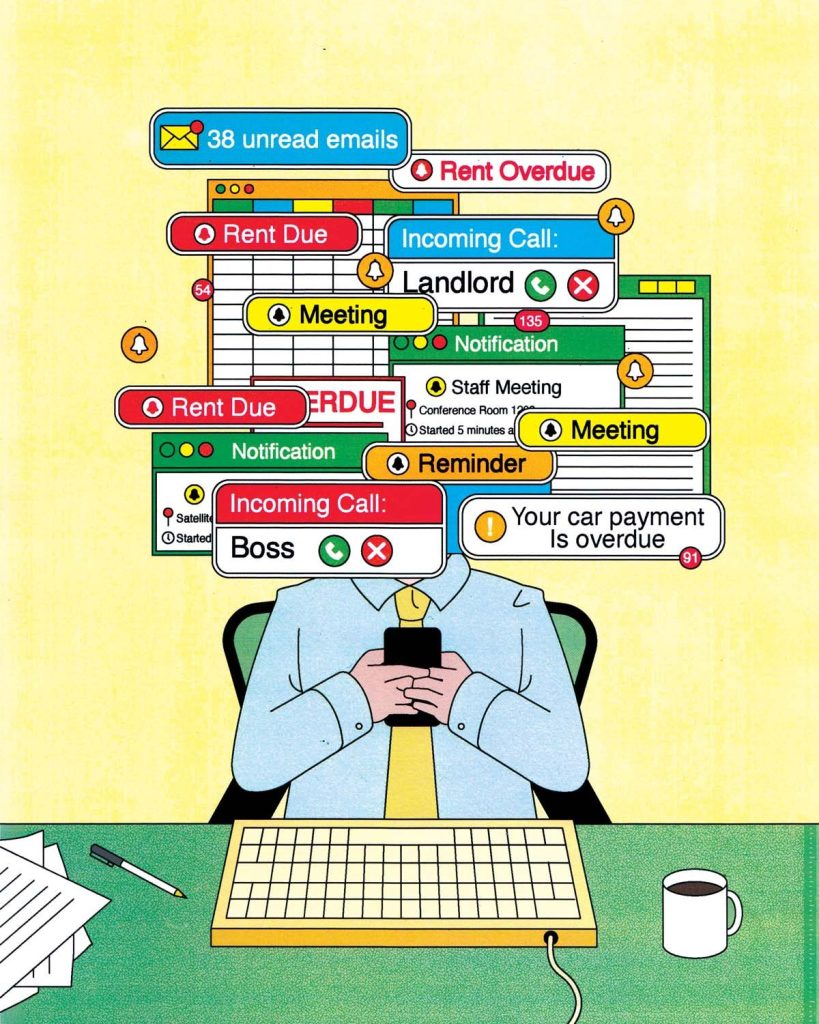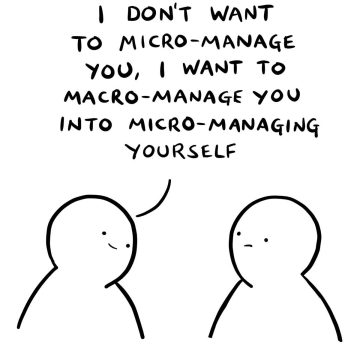This idea must die: “Gen Z are lazier than previous generations”
Professor Thomas Roulet says, actually, we must all adjust to the new working environment to hit our true potential.
Ask any senior business leader for their top HR issue and you’ll get one answer. Laziness. Not everyone, by the way. Just younger generations, who are perceived to be lazier at work than their predecessors ever were.
But despite a thousand headlines about why Gen Z don’t have the same work ethic as their parents, this idea is not new. In fact, every generation thinks the workers coming up behind them are lazier than they were themselves. In my lectures I show covers of old business magazines going back decades, all of which are concerned with this issue of generational divide in the workplace; the idea that the generations are motivated by different desires.
‘What changes across the generations is what we ask from work.’
But in fact… it’s not true. A 2008 study in France looked at younger generations’ motivation at work and compared it to a similar study from 1972. They showed more or less the same results: both cohorts of young people wanted interesting work, a good working environment and to earn a decent living.
What changes across the generations is what we ask from work. Because work has become a more significant part of our life, we ask our employers to provide us with impact and growth, but also not to overshadow our personal lives. The result is that the demands on employers of Gen Y and Gen Z are greater than the demands of older generations. It’s not that they are motivated by anything different. It’s just they give more to their workplace so they ask more in return.
It’s a trend that has been accelerated by the shift to hybrid working, because there is now more space for employers to offer more to their employees. This leads to variance in what employers offer, which obviously creates equity issues, followed by even more demand from employees.
The wider economic context is important here too. While for older generations work was a guarantee of financial security, enabling you to buy a home and pay the bills, that’s no longer the case today. So if work isn’t offering security, it has to offer something else – purpose, flexibility and a work-life balance.

There is a lot of research available now showing that being an ethical company and providing your employees with a sense of purpose generates motivation and job satisfaction.
In times of uncertainty and crisis like today, people entering the job market tend to look for roles that give them purpose, and if they don’t find that purpose, they naturally disengage from work.
Employers love the idea that people have become lazier, because it enables complacency on their part
And if you look at what’s happening with ‘WorkTok’, a Tiktok trend with 2.3 billion views where people comment on the world of work, you might conclude that younger people are lazy and overly demanding. What’s actually going on here is that they are just reacting to work taking more and more space and not giving them the purpose that they are looking for in life. WorkTok is about a failure of organisations and employers to keep people motivated.
Employers love the idea that people have become lazier, because it enables complacency on their part. Putting all this down to generational differences absolves them of the responsibility to do anything to fix the situation.
If we come to the conclusion that younger people are not worth the time and the effort, it means we don’t work on getting them engaged and don’t prioritise helping them to build meaningful connections in the workplace. Generations are motivated by the same factors, but you might have to change your strategy, to put more emphasis on the purpose of your organisation, to get younger people on board.
Organisations, and professional service firms in particular, cannot afford to lose the engagement and the hard work that younger generations are ready to put in. Their advantage is their human capital, so they need new entrants in the workplace to be motivated, excited and committed. It’s been a useful wake up call for those firms to start thinking about how they can meet the demands of new entrants. Because if they don’t, they will have a disengaged workforce that will make them lose their competitive edge.
If, as a leader, you conclude that your employees are lazy, you could be missing out on a whole lot of potential.
Thomas Roulet is Professor of Organisational Sociology and Leadership at Cambridge Judge Business School. Professor Roulet is Director of Studies in Psychology and Behavioural Science and Co-Director of the King’s Entrepreneurship Lab at King’s College.







